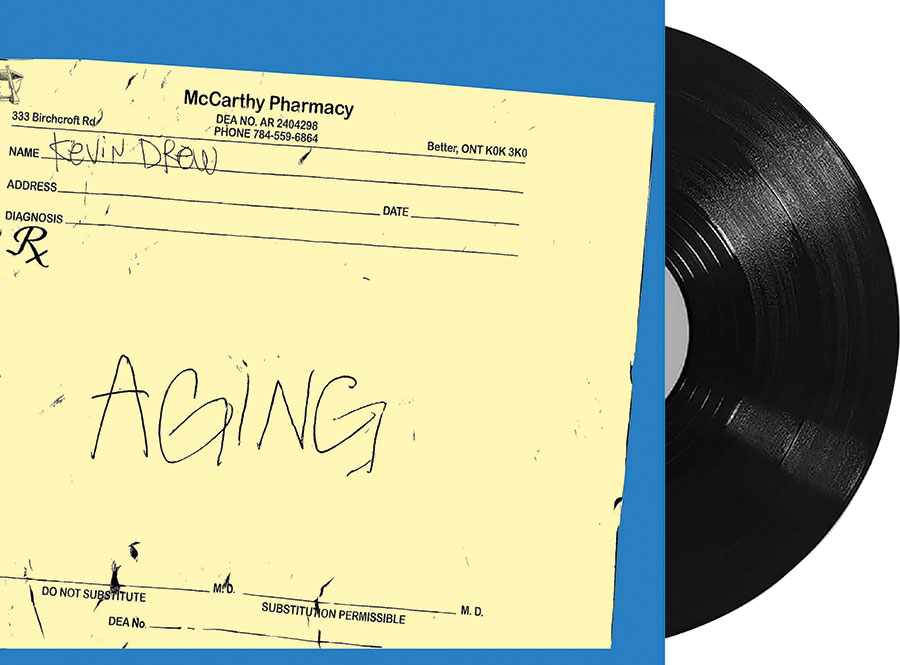How Music Marks Time: Broken Social Scene’s Kevin Drew Reflects On Aging

With his latest album, social Scene’s Kevin Drew reflects on both the positive and negative aspects of aging. Photo: Richard Bryant
Aging is almost imperceptible. Do you feel different now than five or 10 years ago? Twenty? Usually it takes a reminder – a backache, say, or a high school reunion. For me, it was a catch-up with Broken Social Scene’s Kevin Drew during the 2022 Junos, where we reminisced about the CD release party for the indie rock band’s breakthrough album, You Forgot It in People – and I realized it happened back in 2002.
Musicians can’t avoid age reminders because their songs carbon-date them, chaining them to memories on our shared timeline. They can either settle into “oldies” status, or channel this temporal perspective into their songwriting.
Drew, 47, has done both, augmenting BSS’s recent 20th-anniversary tours with his recent solo album, Aging, a half-hour of piano ballads on which he worries he’s “not aging right,” that his “hands are rust” and his “body slow.” He laments lost friends and his past life, but ultimately pleads: “Don’t be afraid of the dark/The light always comes/The light always comes back on.”

His view from the throes of midlife reminds me of another Canadian songwriter, Leonard Cohen. An icon who emerged amid the Beat Generation and departed the day before Donald Trump’s election, Cohen similarly marked middle age with 1988’s I’m Your Man.
“My friends are gone and my hair is grey,” he sighed on Tower of Song. “I ache in the places where I used to play.”
But his apocalyptic final album, You Want It Darker, which arrived 17 days before his death at 82, provided a contrasting late-life perspective unconcerned with the light’s return. Recording oracular vocals in his living room, while ravaged by leukemia and spinal fractures, Cohen knew the end was not metaphorically nigh. So, he sprinkled his own self-deprecating eulogy (“I struggled with some demons/They were middle-class and tame”) among omens for terrors to come (“They’re lining up the prisoners/And the guards are taking aim”).
Cohen takes an unafraid tack, including a title-track chorus that evokes his cultural upbringing, corporeal decay and spiritual acceptance. “Hineni, hineni /I’m ready, my Lord,” he intones, using the biblical Hebrew word for “here I am.”
Youth may provide the pulse of pop music, but Drew, like Cohen, shows confronting its inevitable endpoint keeps a songwriter’s heart beating.
A version of this article appeared in the Feb/Mar 2024 issue with the headline ‘How Music Marks Time’, p. 18.